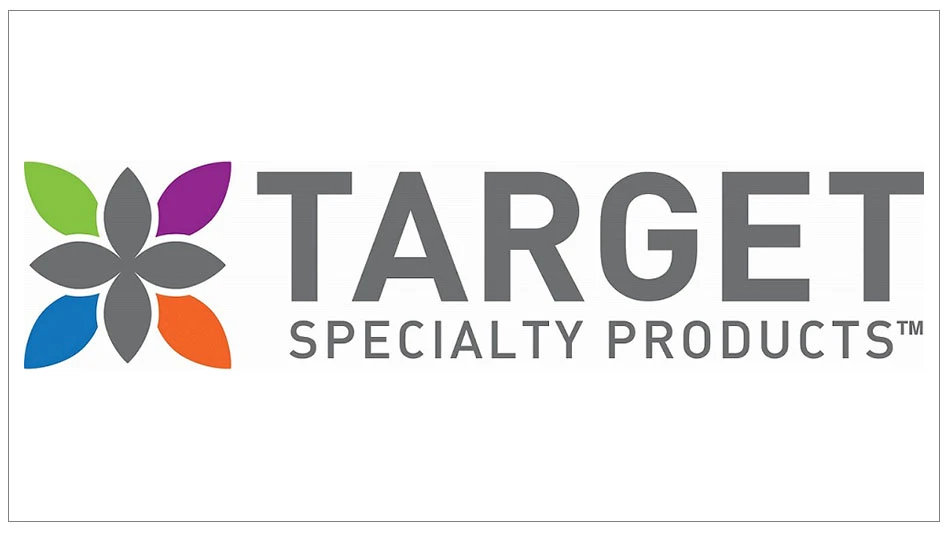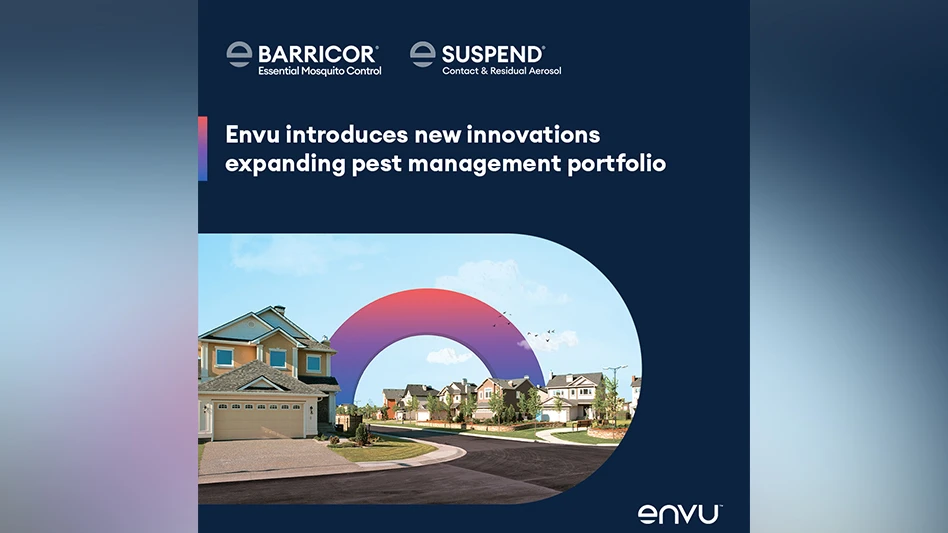
Dallas, Texas, is known as a hot spot for travel and transportation, attracting more than 27 million visitors every year, according to Visit Dallas. But in recent years, it also has become a hotspot for bed bugs. Having business success in this segment of the market required ABC Home & Commercial Services to take an approach that worked for both the firm and its clients.
For ABC, developing the right bed bug strategy took years and forced the company to reevaluate its bed bug business. But since adopting a low-prep approach, the firm’s bed bug services have flourished. 2019 was its best year to date, and the company has been adding more commercial accounts, the firm said. Keith Robinson, former vice president of commercial operations and services at ABC, presented on this topic at PCT’s June 2019 Bed Bug Virtual Conference.
ABC got into bed bug work about 10 years ago, along with many other firms. At the time, “Liquid was really the only option,” Robinson said, but many liquid products available had limitations, he added. ABC used liquid products but found more success once heat control services came to the market.
“Heat was a great product for us,” Robinson said. “We had two crews operating throughout the Dallas-Fort Worth metroplex and (were) keeping them busy on a regular basis in the beginning.”
As technology changed, research showed that liquid treatments were becoming increasingly more effective, Robinson said. As such, ABC reconsidered its bed bug treatment options. However, the firm was challenged when it couldn’t decide whether to commit soley to heat treatments or integrate liquids again.
“We had to decide ‘Are we going to buy more heat equipment?’ or ‘Are we going to add additional crews?’ or ‘Are we going to look to see if liquids are a better option for us?’”
Another issue was scheduling heat treatments. At times, the firm would have a two-week backlog on heat treatments, which meant some residential customers had to wait up to 14 days before their property could be serviced. When large commercial accounts approached ABC about bed bug services, the firm took them, bumping residential clients back even further. This generated problems for ABC because residential customers who grew tired of waiting would take their bed bug business elsewhere, along with any other pest control services they may need.
Facing these issues, the firm looked at what it could do to maximize efficiency and get bed bug jobs done quicker. ABC began training technicians to perform liquid treatments; however, this led to a new set of difficulties, such as customers who didn’t want to deal with the hassle of preparing their homes prior to treatments. Around the same time, ABC also realized that some technicians simply didn’t do bed bug work well.
“We found out that not every technician can be good at bed bugs,” Robinson said. “It takes a very special technician to be detailed and diligent enough to look at all the cracks and crevices and treat all the areas (that) need to be (treated).”
A NEW APPROACH. By 2017, the company had nearly given up on bed bug work. In a final attempt to determine the best way to offer bed bug control, ABC reached out to BedBug Central, which provides information about bed bugs and offers training sessions and educational content to pest management professionals. BedBug Central helped ABC develop a new model for its bed bug business, Robinson said.
“The things and the strategies that (BedBug Central) had kind of worked out in their program were things that we really hadn’t considered in the past,” Robinson said. “And it really was a game changer for us.”
ABC adopted BedBug Central’s low-prep approach to bed bug jobs. Before a bed bug inspection, customers are typically required to complete a long list of preparations. Not only can this process be difficult and frustrating for clients, but it also can disturb bed bugs, causing them to spread to different areas of the house. With the low-prep strategy, customers leave everything in place until a technician inspects the property. This reduces the risk of bed bugs spreading and encourages technicians to assess bed bug infestations on a case-by-case basis.
This new approach helped ABC to understand that they should stop trying to sell the same program to everyone. “(We stopped) trying to put everybody in the same box,” Robinson said. Now, the firm visits every house individually.
Once technicians inspect the property, they can determine the severity of the infestation, which allows them to set prices and know how many follow-up visits they will need to conduct. This makes the process easier on both the technician and the client and helps the firm avoid setting high prices before a technician even steps foot on a property, Robinson said.
NICHE MARKETS. ABC changed its perspective on residential work, too. In the past, the firm focused on recurring revenue, so when residential customers reached out about one-time bed bug services, ABC came back with a high price, since these weren’t ideal potential customers. Now, the company views these accounts as opportunities to solve problems for clients, who may return as pest control customers in the future. (The firm is 75 percent residential.)
With the low-prep model in place, ABC also has been able to concentrate on niche markets, such as nursing homes and hospitals. These facilities, Robinson said, have no tolerance when it comes to pests and will sometimes inaccurately report bed bug infestations out of concern. With these accounts, ABC offers training programs that teach employees how to identify bed bugs, how they move from place to place and what qualifies as an infestation, helping to “kind of control that fear factor that goes in these (health-care facilities),” Robinson said.
Another opportunity is offices. Addressing bed bug issues in office buildings, especially large ones with many employees, can be a long and costly process. For these accounts, Robinson said it’s best to be proactive by implementing bed bug inspection programs and working directly with the office’s human resources department. The goal is to educate clients, so that when bed bug issues occur, they can be managed more efficiently.
It also is important with office jobs to consider what specific areas of the building might be infested and “simplify the process to where you’re treating what needs to be treated, you’re inspecting what needs to be inspected, but you’re not having to treat or do the entire facility,” Robinson said. For example, if bed bugs can be pinpointed to one cubicle, then a technician can isolate the cubicle and its surrounding area and make that the center of their inspection instead of spending time and resources to treat the whole office.
Other niche markets with similar opportunities for bed bug services include university housing, movie theaters, transportation systems and day care centers. These facilities, though susceptible to bed bugs, do not always receive the proactive services they require.
Ultimately, ABC’s bed bug strategy provides accounts with the service they need, Robinson said. Whether it’s a proactive treatment, minimal preparation for customers or a training program that helps employees identify bed bugs, ABC focuses on “having a system that’s in place that can really walk (clients) through the bed bugs and the control and take the fear out of it,” Robinson said.
The author is an Ohio-based writer.

Explore the March 2020 Issue
Check out more from this issue and find your next story to read.
Latest from Pest Control Technology
- How to Get Rid of Odorous House Ants
- Massey Services Promotes Herndon to Director of Sales for Multi-Family Division
- NPMA Announces First Recipients of NPMA PRO Certified Credential
- Pestmaster of the Hudson Valley Acquires Catskill Animal Damage Control
- Photo Slideshow: Ant Identification Tips
- Video: Top 10 PCT Photo Contest Finalists
- UF/IFAS Study Reveals Boats as Perfect Vessels for Global Termite Spread
- Pest Control Consultants (Iowa) Earns Pinnacle Performance Award





